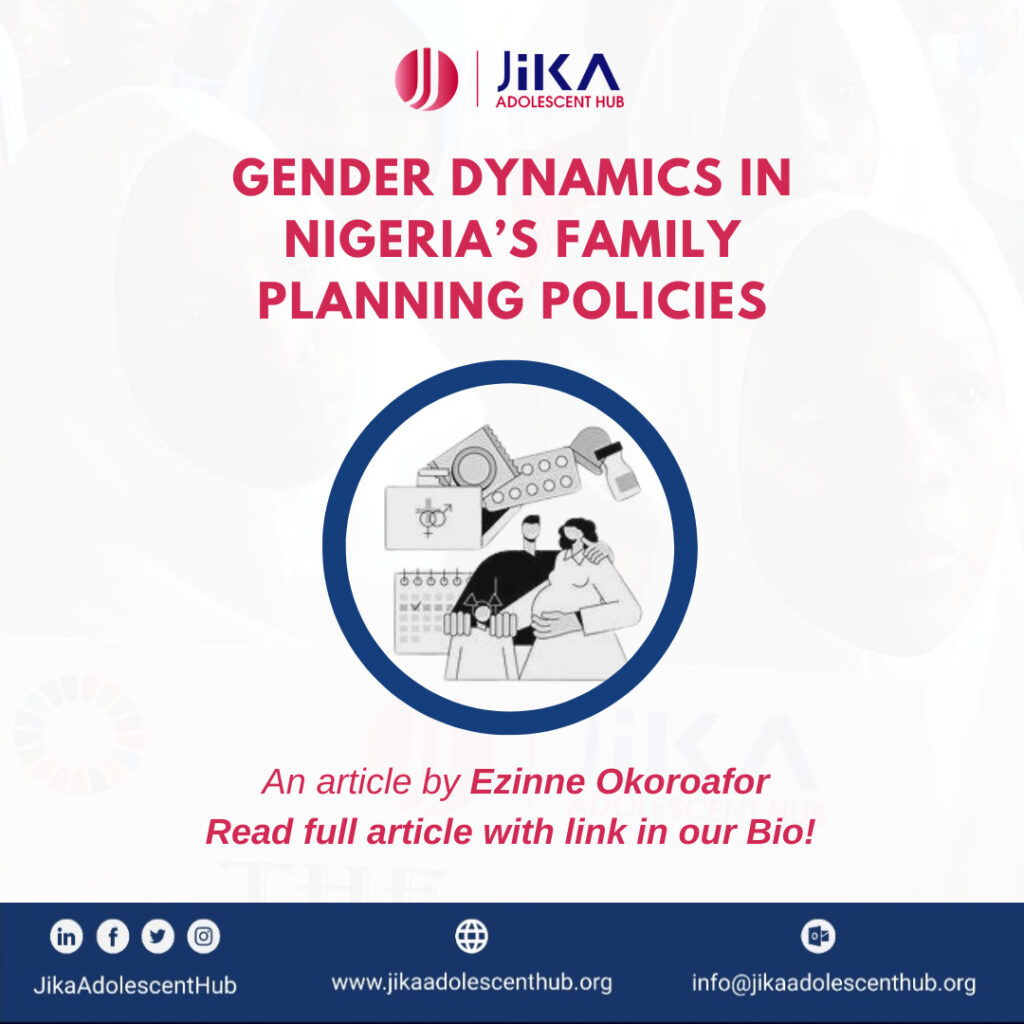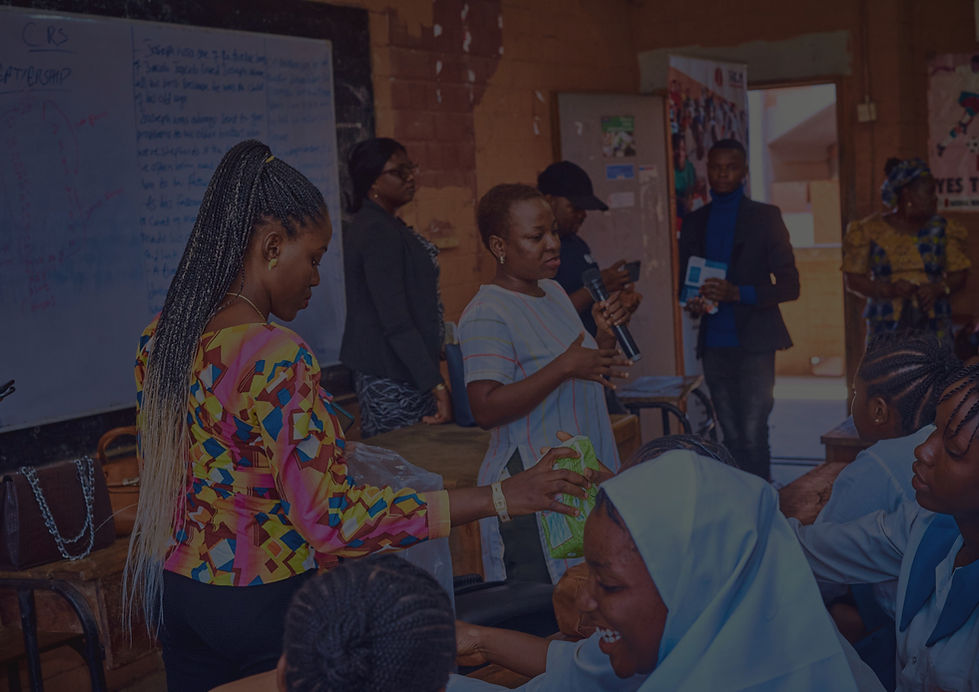Family planning (FP) refers to the ability of individuals and couples to anticipate and attain their desired number of children, and the spacing and timing of their births through the use of contraceptive methods and the treatment of infertility.
Nigeria’s family planning (FP) policies primarily position contraception as a woman’s responsibility, sidelining male involvement. A review of key policy documents such as the National Reproductive Health Policy, National Family Planning Communication Plan, and Nigeria Family Planning Blueprint (Scale-Up Plan), reveals an emphasis on women’s access to contraception, but a limited integration of men as equal partners. This exclusion reinforces gender disparities, restricting women’s autonomy and access to sexual and reproductive health and rights (SRHR) services.
Despite sustained investments, Nigeria’s modern contraceptive prevalence rate (mCPR) remains low at 20.1%, far from the targeted 36%. Women, particularly adolescent girls, face multiple barriers, including sociocultural norms, stigma, misinformation, and restrictive policies that hinder their ability to make independent reproductive choices. Many of these challenges are compounded by the perception that contraception is solely a woman’s concern, discouraging male support and reinforcing traditional patriarchal decision-making structures.
The exclusion of men from FP initiatives also limits the effectiveness of reproductive health programs. Studies show that male engagement leads to better SRHR outcomes, including higher contraceptive uptake and improved maternal health. However, Nigeria’s policies fail to incorporate strategies that normalize male participation, such as integrating FP discussions into routine healthcare services for men or promoting male-friendly contraception methods
A gender-transformative approach is needed to address these structural barriers. This requires policy reforms that recognize men as active participants in FP, while simultaneously strengthening women’s autonomy. Comprehensive sexuality education, community engagement, and male-centred interventions can reshape social norms and foster shared responsibility in reproductive decision-making.
Closing the gender gap in Nigeria’s FP policies is crucial for advancing SRHR, reducing unintended pregnancies, and achieving equitable access to reproductive healthcare for all.
Source: https://pmc.ncbi.nlm.nih.gov/articles/PMC11851051/
Written by Ezinne Okoroafor



